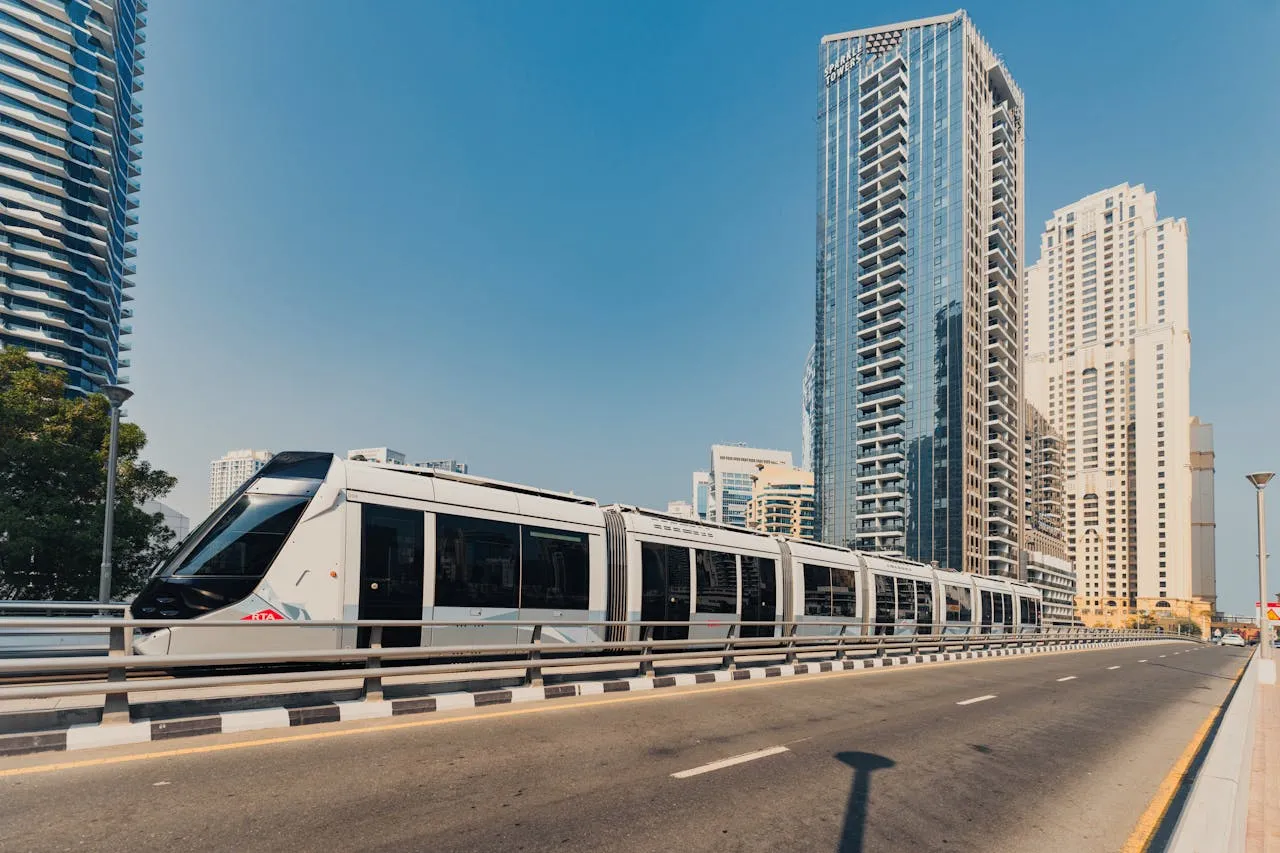
Schindler Secures Contract to Equip Bogotá’s First Metro Line with Elevators and Escalators
Schindler has been awarded the role of sole supplier for all elevators and escalators serving the first line of Bogotá’s upcoming elevated metro system. This significant infrastructure project marks a historic milestone for Colombia’s capital, which has long awaited the arrival of a modern, high-capacity urban rail network.
The ambitious development, known as Line 1 of the Bogotá Metro, will stretch over 23.9 kilometers and feature 16 elevated stations strategically distributed across the city. Once operational, the line is projected to transport more than one million passengers every day by 2028, delivering a substantial boost to the city’s public transport capacity. For Bogotá, a metropolis of more than seven million residents, this represents a transformative leap in mobility, efficiency, and accessibility.
A First for the Colombian Capital
When completed, Line 1 will become Bogotá’s first-ever metro line, providing its citizens with a fast, reliable, and fully modern transit option. Designed as a fully automatic, driverless railway, the system will integrate seamlessly with Bogotá’s existing Bus Rapid Transit (BRT) network at ten different stations. This integration is expected to significantly reduce road congestion, enhance connectivity between neighborhoods, and cut travel times for daily commuters. The move is part of a broader strategy to modernize urban mobility while addressing the challenges of rapid urban growth.
Vikén Martarian, the Schindler Group Executive Committee member responsible for the Americas and Escalators, expressed pride in contributing to such a landmark project. “We are incredibly proud to provide our vertical mobility solutions for this historic project,” he said. “This will benefit not only those who live and work in Bogotá but also the many visitors who pass through the capital. Our elevators and escalators will ensure smooth passenger flow and improved access for everyone.”
Vertical Mobility for Heavy-Duty Public Transport
Schindler’s scope in the project includes supplying high-performance mid-rise elevators and heavy-duty escalators purpose-built for the demands of busy public transport hubs. Each unit will be engineered for durability, high traffic volumes, and efficient operation under constant use.
Accessibility has been placed at the forefront of the design. Every elevator will be fully compliant with standards for people with reduced mobility. This includes features such as zero-step entry, ergonomically positioned control buttons, and spacious cabins to accommodate wheelchairs, strollers, and luggage. By prioritizing inclusive design, Schindler aims to ensure that the new metro system is truly for all residents and visitors, regardless of physical ability.
24/7 Remote Monitoring and Data-Driven Insights
In line with the project’s commitment to reliability, all elevators and escalators will be connected to Schindler’s Technical Operations Center (TOC) in Medellín. This advanced control hub will allow for round-the-clock remote monitoring, ensuring any technical issues are detected and addressed promptly.
The equipment will also be integrated with Schindler ActionBoard, a digital platform providing real-time operational data, alerts, and actionable insights. These capabilities will help maximize uptime, reduce maintenance delays, and ensure that passengers enjoy a safe and efficient travel experience at all times.
Digital Tools for Precision and Performance
Beyond installation, Schindler is leveraging advanced digital tools to enhance the project’s efficiency and quality. The company is implementing Building Information Modelling (BIM), a technology that creates a comprehensive digital representation of the metro’s infrastructure. BIM enables engineers, architects, and contractors to work from a single, unified master plan, which minimizes errors, optimizes resource use, and shortens project timelines.
In addition, Schindler is applying Reliability, Availability, Maintainability, and Safety (RAMS) analysis. This method quantitatively predicts the long-term performance of each elevator and escalator, allowing engineers to plan proactively for maintenance, reduce the risk of failures, and uphold stringent safety standards throughout the system’s lifecycle.
A Step Toward a Smarter and More Accessible Bogotá
The Bogotá Metro project is more than just a transportation upgrade—it represents a new chapter in the city’s development. For decades, residents have faced the daily challenge of navigating congested roads and overburdened bus systems. The arrival of a high-capacity, driverless metro—paired with advanced vertical mobility solutions—signals a shift toward a more efficient, sustainable, and inclusive urban future.
By 2028, when Line 1 is expected to be fully operational, millions of passengers will be moving seamlessly between metro stations and connecting transport systems. Schindler’s role ensures that vertical transportation within these stations will be as modern, reliable, and user-friendly as the trains themselves.
As Bogotá steps into the era of modern rail, the collaboration between Schindler and the city’s metro authority underscores the importance of integrating advanced engineering, accessibility, and data-driven performance monitoring into public infrastructure. It is a partnership designed not only to move people but also to reshape the city’s mobility landscape for generations to come.




